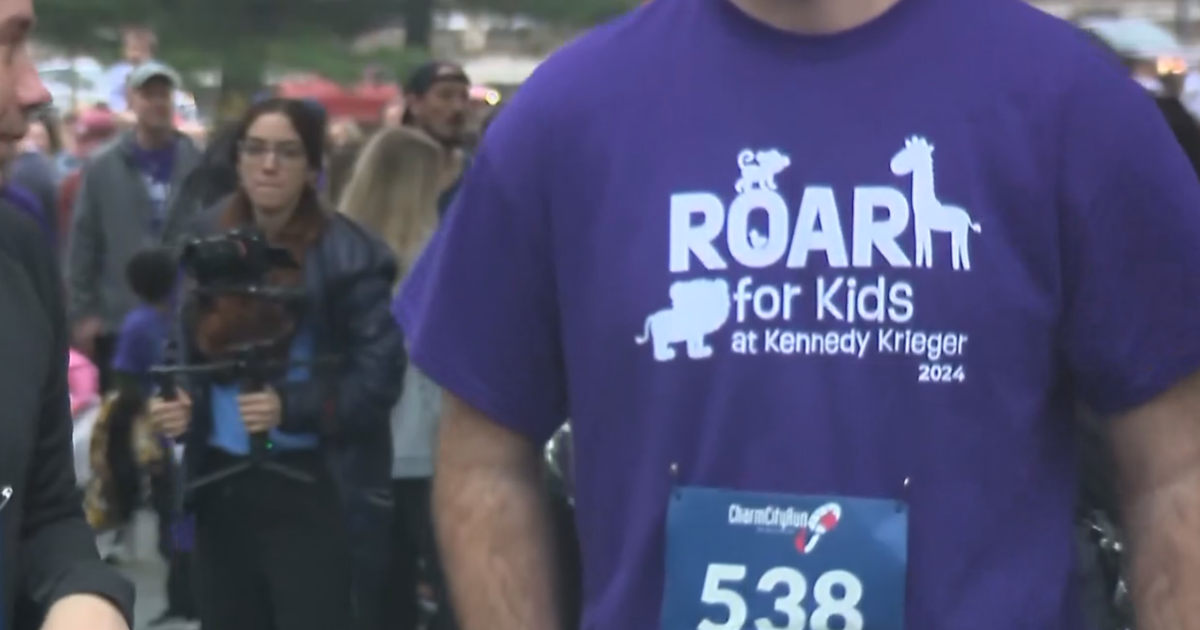These Men Were Convicted For Crimes They Didn't Commit. Now They're Pushing To Fix How The State Handles Wrongful Convictions
ANNAPOLIS (WJZ) — An effort is underway in Annapolis to fix the way Maryland compensates the wrongfully convicted.
WJZ met up with Alfred Chestnut and Ransom Watkins on Wednesday in Annapolis. The last time WJZ had seen them, they were leaving court in November with Andrew Stewart, freed after 36 years in prison.
Between the three of them, they had served a combined 204 years in prison.
"There are so many things I'll never get back," said exoneree Jermaine Arrington.
"And, all of us, they don't know what kind of people would have ever have been in prison if we weren't in prison, what we could have done with our lives, what we could have brought forward," said exoneree Eric McPherson.
All the men were exonerated, freed from crimes they did not commit.
"It was a shock when police came to my door knocking, 'Step outside, Mr. Bloodsworth. You're under arrest for first-degree murder,'" said exoneree Kirk Bloodsworth.
Bloodsworth was the nation's first death row inmate, freed in 1993 after DNA testing.
"You put three people -- three innocent people on the street for nothing," Watkins said.
Watkins and Chestnut are two of three men who were locked up as teenagers for a murder they didn't commit.
They were released in November and are now advocating for reform in the way exonerees are compensated by the state.
"We're struggling right now trying to fit back into society," Chestnut said.
Lawmakers listened to their stories, as they propose legislation aiming to set and speed up the process of payments, which currently go through the Board of Public Works.
"All you have to do is listen to those gentlemen and hear what they went through to know this is something that we have to do," said Del. Kathleen Dumais (D-Montgomery County).
"Fix this compensation law and do it one time and get it right," Bloodsworth said.
"(I) can never give back the time that was lost. 36 years of my life gone, so everything that I do now is new to me," Chestnut said.
Lawmakers are not proposing a hard number right now, but rather a formula that would pay out a wrongfully convicted person the average median income the four years prior to release multiplied by the length of their incarceration.



